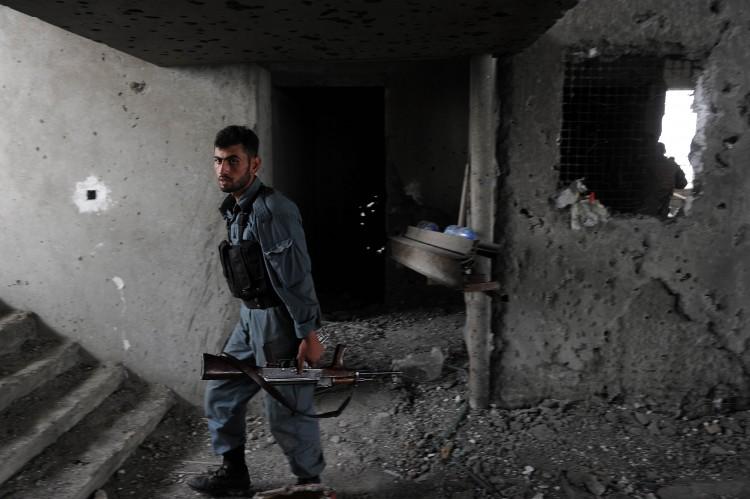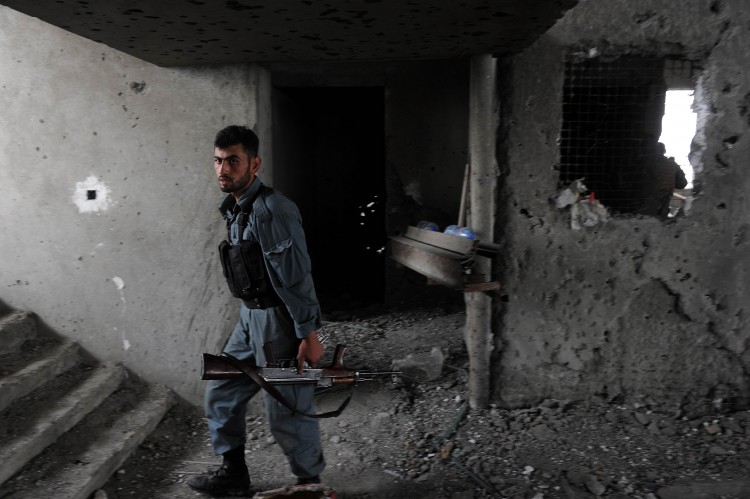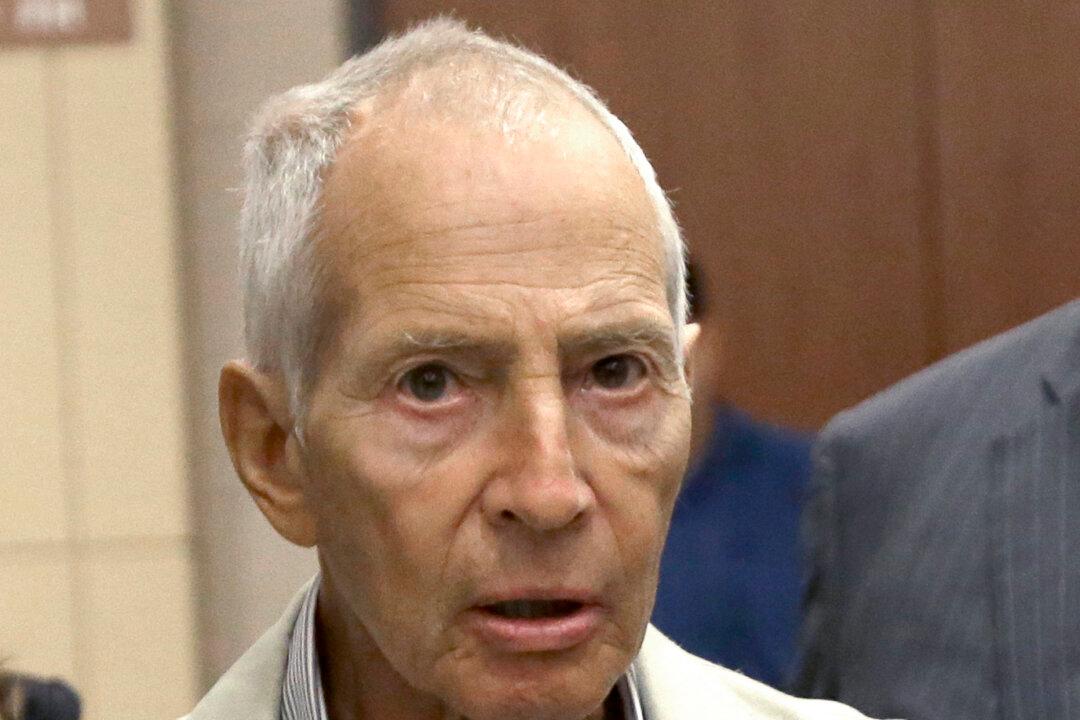Clinton Calls on Pakistan to Deal With Haqqani Network
U.S. Secretary of State Hillary Clinton had a lengthy discussion with Pakistan officials on the matter of how to deal with the insurgent Haqqani network after last week’s deadly, 20-hour-long attack on NATO buildings and the American embassy in Kabul.
|Updated:





